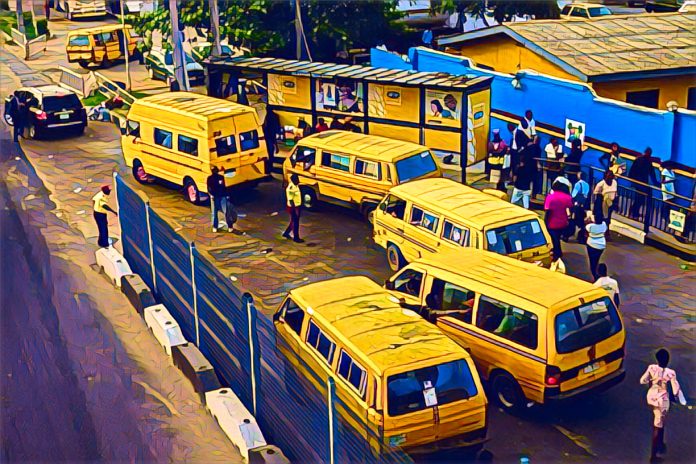KEY POINTS
- Developing and expanding mass transit systems, like BRT and urban rail, is essential.
- Transitioning to sustainable modes, like electric and CNG vehicles, reduces emissions.
- Public-private partnerships can accelerate infrastructure development and improve service delivery.
Improving Nigeria’s public transportation system is essential for economic growth, environmental sustainability, and enhancing the quality of life for its citizens. Here are five strategies to achieve this goal.
Develop and Expand mass transit systems
Investing in mass transit infrastructure, such as urban rail networks and bus rapid transit (BRT) systems, can significantly alleviate traffic congestion and reduce travel times.
For instance, the Lagos Metropolitan Area Transport Authority (LAMATA) has been instrumental in implementing the Lagos Rail Mass Transit and BRT systems, providing efficient alternatives to road transport.
Transition to sustainable transportation
Adopting sustainable transportation modes, including electric buses and vehicles powered by compressed natural gas (CNG), can reduce emissions and improve air quality.
Nigeria has initiated a CNG program to lower transportation costs and environmental impact, with over 100,000 vehicles converted to CNG as of November 2024.
Implement comprehensive urban planning
Proper urban management which links transportation systems with population housing and business zones is essential.
The creation of policies that support mixed-use area development together with public transport systems will improve accessibility and decrease private vehicle usage.
Experts agree that resolving Nigeria’s urban transportation problems demands multiple intervention strategies.
Strengthen policy frameworks and governance
Strategic policy development and regulatory framework creation stand essential for public transport development and maintenance.
The Nigerian government’s National Transport Policy works to deliver economically integrated transport services that enhance both economic growth and competitive strength.
Encourage Public-Private Partnerships (PPPs)
PPPs allow private capital to fuel the development of infrastructure projects which results in faster development alongside better service delivery.
The Lagos State Government’s partnership with private entities for rail and bus expansion demonstrates strong advantages that accrue when public and private sectors unite.
Public transportation in Nigeria will benefit from these approaches through improved systems which will support sustainable urban development and better public well-being.



